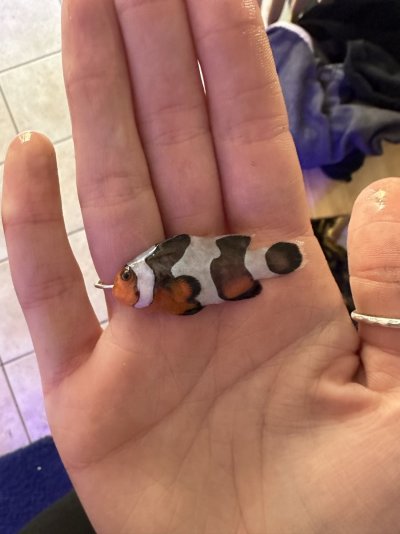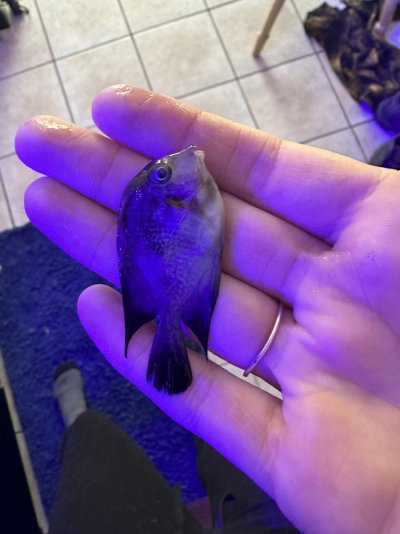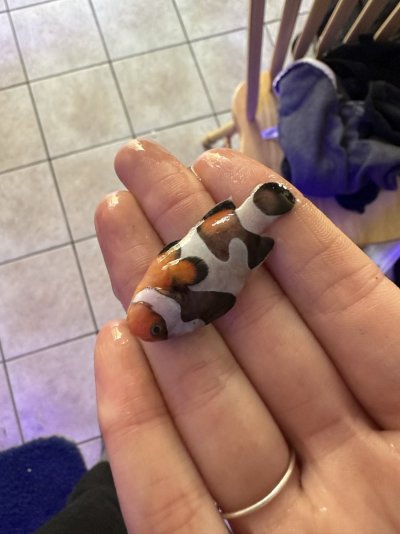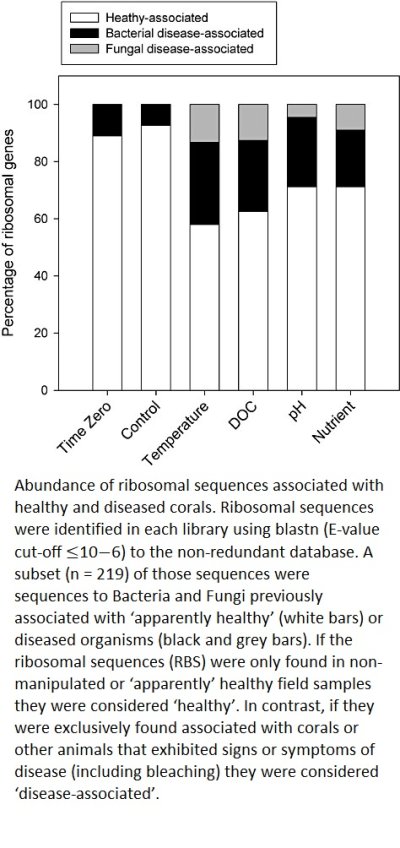Hello All! Over the past year I have been diligently working on my book "Rookie Reefing: A Beginner's Guide to Saltwater Aquariums". As the title suggests, this is a "how to" book on setting up a saltwater aquarium touching on topics ranging from help with purchasing your first system and equipment, setting it up from A to Z, common pests and control measures, water chemistry, proper husbandry among various tank inhabitants, coral fragging and propagation, and more! I am very happy to say that I have completed the first draft and it is now in the editing process!
As mentioned above one of the chapters focuses on common pests and their management or removal. I am reaching out as I need some high resolution photos to feature in this chapter. If you are interested in submitting a photo please reach out to me via DM and I will provide a release for use of the image for you to complete. I will cite your name and/or reef2reef username under the photo in the book. After speaking with the admins at reef2reef they have approved this post/request.
Thank you all for your support! I can certainly say that this book would not have been possible without the information and support from this amazing community!!!
The following species are what I am seeking images for:
- Green Hair Algae
- Bubble Algae
- Diatoms
- Bacterial blooms (cloudy water image)
- Cyanobacteria
- Dinoflagellates (various types- large scale image not microscope)
- Aiptasia
- Hydrozoans (colonial)
- Asterina Starfish
- Vermetid Snails
- Whelks
- Bristle worms (a good infestation would be preferable)
- Flat worms
- Ich
- Fin rot
- velvet
-brooklynella
As mentioned above one of the chapters focuses on common pests and their management or removal. I am reaching out as I need some high resolution photos to feature in this chapter. If you are interested in submitting a photo please reach out to me via DM and I will provide a release for use of the image for you to complete. I will cite your name and/or reef2reef username under the photo in the book. After speaking with the admins at reef2reef they have approved this post/request.
Thank you all for your support! I can certainly say that this book would not have been possible without the information and support from this amazing community!!!
The following species are what I am seeking images for:
- Green Hair Algae
- Bubble Algae
- Diatoms
- Bacterial blooms (cloudy water image)
- Cyanobacteria
- Dinoflagellates (various types- large scale image not microscope)
- Aiptasia
- Hydrozoans (colonial)
- Asterina Starfish
- Vermetid Snails
- Whelks
- Bristle worms (a good infestation would be preferable)
- Flat worms
- Ich
- Fin rot
- velvet
-brooklynella





















